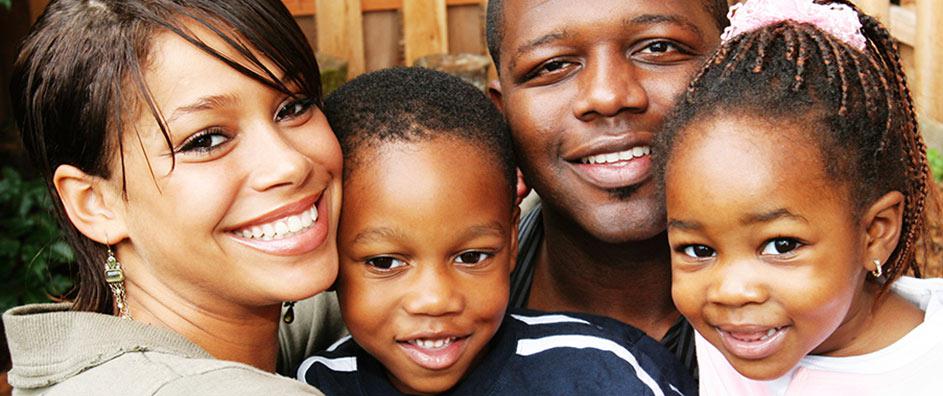The Bahá’í teachings present a transformative perspective on the idea of happiness and comfort in life, advocating that every individual possesses an intrinsic right to these fundamental aspects of human existence. This conceptual framework serves not merely as an assertion of entitlement but rather as a call to action towards fostering communities where happiness and comfort are accessible to all. Understanding the significance of this principle unveils the potential for profound societal change, urging one to reflect on their own relationships with themselves, others, and the broader world.
At its core, the notion that everyone has the right to a happy, comfortable life challenges conventional paradigms of individualism and competition that often pervade contemporary societies. It invites a shift in perspective from a zero-sum worldview—where one person’s gain must come at the expense of another—to a more collaborative and inclusive framework. This paradigm promotes a universal sense of belonging and interconnectedness that is essential for the collective well-being of humanity.
The Bahá’í faith posits that the quest for happiness transcends material possessions and superficial successes. True comfort and happiness arise from spiritual fulfillment, social harmony, and contributing positively to the welfare of others. This perspective elucidates that materialism, while superficially appealing, ultimately leads to discontent. The relentless pursuit of material wealth can engender a sense of alienation, as it often distances individuals from their inherent purpose and the essence of community.
Embracing the Bahá’í principle of everyone’s right to happiness necessitates an examination of the structural barriers that inhibit this right from being universally realized. Poverty, discrimination, and injustice are not merely unfortunate realities but are antithetical to the ideal of a happy, comfortable life. Acknowledging these injustices is pivotal; it serves as a catalyst for moral imperative, motivating individuals and communities to advocate for systemic change. In doing so, one aligns their actions with a higher ethical standard that transcends mere self-interest.
Moreover, the Bahá’í teachings underscore the significance of education as a foundational pillar for achieving personal and communal happiness. Education is not merely a means to acquire knowledge but is also viewed as a crucial instrument for empowering individuals. Access to quality education fosters critical thinking, nurtures values, and cultivates the skills necessary for active citizenship. As individuals become educated, they are better equipped to make judicious decisions, contribute to society, and advocate for their own rights and the rights of others.
The right to a happy, comfortable life also encompasses mental, emotional, and spiritual well-being. Mental health, often relegated to the margins of public discourse, is fundamentally intertwined with one’s ability to experience joy and comfort in life. The Bahá’í philosophy emphasizes the importance of emotional resilience and spiritual development as essential components of well-being. Practices such as prayer, meditation, and community service are articulated as vital in nurturing one’s inner life, thereby fostering a sense of peace and contentment.
In this context, community plays a paramount role in the realization of happiness. The Bahá’í community embodies principles of unity, collaboration, and mutual support. Engaging with others in a meaningful way not only enhances individual happiness but fortifies communal bonds. The practice of upholding fellow community members and recognizing their dignity and rights fosters an environment conducive to collective flourishing. This holistic approach reminds us that the pursuit of individual happiness must be harmonized with the collective good.
Moreover, the intertwining of happiness with service forms a distinctive aspect of Bahá’í teachings. True happiness is often found in selflessness—when individuals transcend their egos and devote themselves to the service of humanity. This perspective invites reflection on how acts of kindness and service can generate profound fulfillment. By investing in the well-being of others, one cultivates a legacy of compassion and solidarity, fostering a ripple effect that propels communities toward greater happiness and comfort.
The commitment to inclusivity is another salient aspect of this teaching. It posits that the right to happiness and comfort is universal, devoid of distinctions based on race, gender, or economic status. The Bahá’í perspective boldly declares that all individuals are equal, and any form of prejudice must be actively dismantled. This advocacy for equality is not merely about legal rights; it encompasses the recognition of inherent dignity and the moral obligation to uplift those who are marginalized or oppressed.
In conclusion, the belief in the right to a happy, comfortable life is not merely an idealistic aspiration but a pragmatic blueprint for action. By fostering an environment that prioritizes happiness through engagement, education, and service, individuals can transcend the confines of isolation and discontent. This profound shift in perspective opens the door to a reimagined society, where happiness is not just an individual pursuit but a collective reality. The teachings championing this right offer a roadmap to a world where communities thrive in unity, and every individual has the opportunity to experience the joys of a fulfilled life. Engaging with these principles invites curiosity and inspires action, compelling us all to redefine our understanding of what it means to live a life abundant in comfort and joy.
